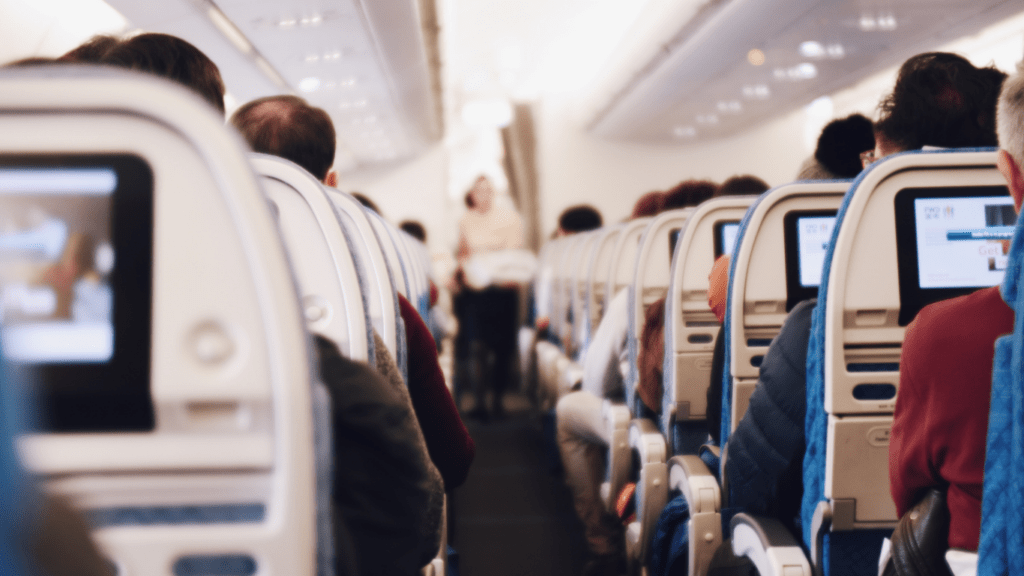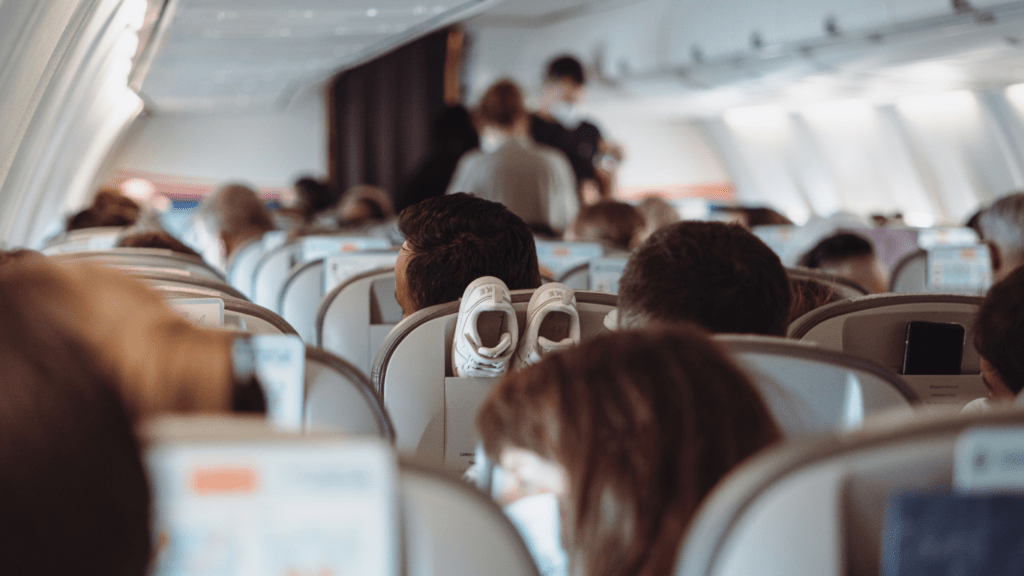Traveling abroad can be one of the most enriching experiences of your life, but it also comes with its fair share of challenges. Navigating different cultures can lead to unintentional blunders that might leave you feeling embarrassed or even alienated.
That’s why understanding cultural faux pas is essential for any traveler looking to make the most of their journey. From gestures that may be innocent in your home country to dining etiquette that varies wildly, knowing what to avoid can enhance your travel experience.
I’ve learned the hard way that a little cultural awareness goes a long way in building connections and showing respect. In this article, I’ll share some key faux pas to steer clear of, ensuring your adventures abroad are as enjoyable and smooth as possible.
Understanding Cultural Faux Pas
Cultural faux pas refer to social blunders that occur when someone unknowingly violates the social norms of another culture. Recognizing these faux pas is essential for respectful interactions and enhancing overall travel experiences.
Definition and Importance
Cultural faux pas involve actions or behaviors that are considered inappropriate in a specific culture. These can range from misusing gestures to improper dining etiquette. Understanding these nuances not only prevents misunderstandings but also promotes positive interactions with locals, showcasing respect for their customs.
Increased cultural awareness fosters deeper connections and enriches the travel experience, enabling travelers to engage authentically.
Common Misconceptions
Many travelers mistakenly assume that behaviors acceptable in their home country will hold the same value abroad. For instance, tipping practices vary significantly; what’s generous in one culture can be seen as offensive in another.
Additionally, some believe that language barriers only exist during conversations, neglecting gestures that may carry different meanings. These misconceptions can lead to uncomfortable situations, making it crucial to research cultural norms before traveling to ensure respectful engagement.
Regions and Their Cultural Faux Pas
Cultural faux pas vary widely across regions. Understanding these common mistakes can significantly enhance travel experiences.
- Asia: In Asia, gestures hold substantial meanings. Pointing with a finger can be offensive in several countries. In countries like Japan and India, showing the soles of your feet during a conversation or sitting with feet planted on the table is disrespectful. In China, discussing personal wealth openly may also be inappropriate, as humility is valued.
- Europe: In Europe, varying customs exist from country to country. In France, don’t expect to dive straight into business without a greeting. Saying “hello” and engaging in small talk is crucial. In Italy, never order a cappuccino after 11 AM, as it’s seen as inappropriate. Additionally, in Spain, don’t put your hands on the table during meals, as it’s considered rude.
- Africa: In Africa, respect for elders is paramount. Avoid interrupting or speaking over someone older, especially during discussions. In many regions, handshakes are common, but it’s essential to note that offering left hand can offend, particularly in Muslim communities. In some cultures, taking photos without permission can lead to misunderstandings, so always ask first.
- Americas: In the Americas, customs often differ between North and South. In the United States, personal space is valued; standing too close can make others uncomfortable. In Brazil, avoid discussing politics or making critical remarks about national pride. Additionally, in Indigenous communities, engaging with cultural symbols or traditions without understanding their significance can be seen as disrespectful.
Tips for Avoiding Cultural Faux Pas
Understanding local customs and social norms is crucial for a respectful travel experience. Here are some effective tips to navigate cultural intricacies.
Researching Local Customs
Researching local customs before visiting a country ensures I’m aware of important cultural practices. Utilize travel guides, reputable websites, and cultural forums to gather insights. Pay attention to greetings, dining etiquette, and local dress codes.
For example, in Japan, bowing is a traditional greeting, while in Saudi Arabia, modest clothing is essential. Taking some time to learn about religious customs can also help prevent misunderstandings, such as the significance of Ramadan in predominantly Muslim countries.
Observing Social Norms
Observing social norms can reveal unspoken rules that vary between cultures. Watch how locals interact with one another and mimic their behaviors, especially in social settings. Notice aspects like eye contact, personal space, and gestures.
For instance, in many Asian cultures, maintaining a peaceful demeanor is appreciated, while direct eye contact may be viewed as confrontational. Tuning into these social cues allows for more harmonious interactions and showcases an appreciation for cultural differences.
The Impact of Cultural Faux Pas
Cultural faux pas can significantly affect interactions and experiences while traveling. Understanding their consequences enhances respect and builds better connections with locals.
Personal Relationships
Cultural faux pas can strain personal relationships. For example, misinterpreting a greeting custom may lead to feelings of disrespect. In Japan, bowing is common, while in many Western cultures, a firm handshake is preferred.
A simple misunderstanding can hinder the development of friendships. Building rapport demands awareness of these customs; otherwise, travelers risk losing potential friendships and valuable local insights.
Travel Experience
Cultural faux pas directly impact the quality of travel experiences. Making an offensive gesture, such as the “thumbs up” sign in certain Middle Eastern countries, can create discomfort and animosity.
Respecting local dining etiquette, such as waiting for the host to start eating, can enhance dining experiences and open doors to deeper cultural understanding. By avoiding faux pas, travelers can ensure smoother interactions and appreciate the richness of their surroundings, ultimately leading to more rewarding journeys.

























































































































































































































































































































































































































































































































































































































































































































































































































































































































































































































































































































































